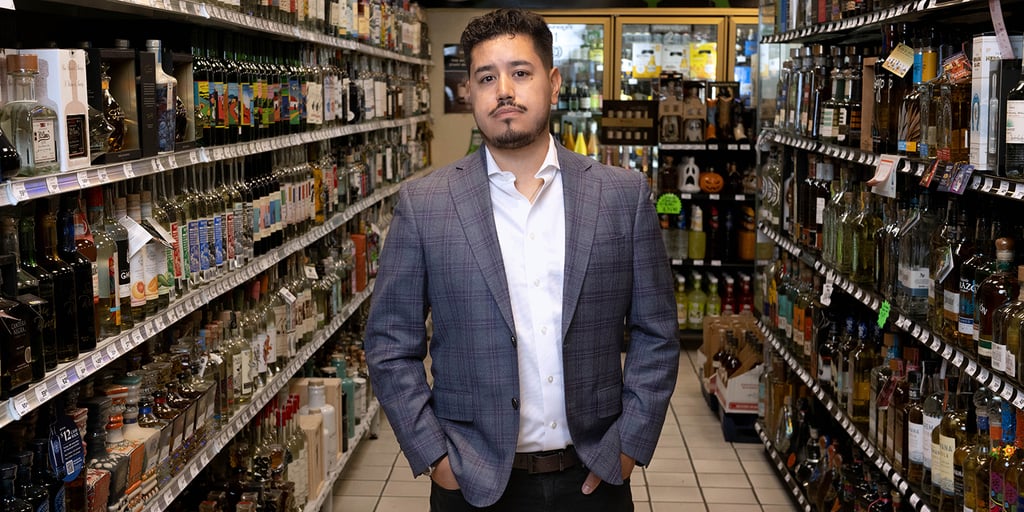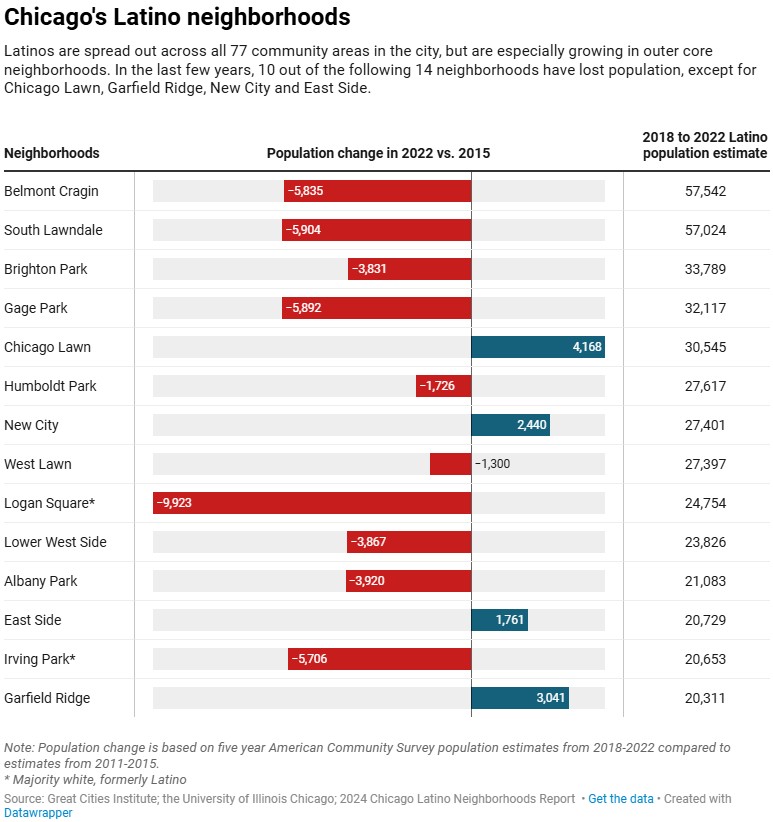A recent Crain’s Chicago Business feature takes a close look at how stepped-up federal immigration enforcement under President Trump’s second term is shaking Latino business corridors across Chicago. For decades, businesses like Moreno’s Liquors in Little Village weathered recessions and economic downturns, but owners now report revenue losses of 20 to 50 percent as fear of raids and deportations keeps customers at home. Restaurants, quinceañera dress shops, party suppliers, and even national brands are feeling the ripple effects of declining Latino consumer spending.
The article underscores the broader economic stakes for Chicago, noting that Latino communities contribute more than $100 billion annually to Illinois’ GDP, with most of that centered in the Chicago metropolitan area. When families scale back spending and celebrations, the impact reverberates through supply chains, tax revenues, and local employment. “Not only are they generating that sales tax, but they’re generating other economic activities throughout the whole supply chain,” explained Teresa Córdova, director of the Great Cities Institute at the University of Illinois Chicago. Córdova noted that immigrant families’ freedom of movement and sense of security are directly tied to the city’s economic health.
As businesses brace for Mexican Independence Day festivities amid continued enforcement threats, community leaders stress resilience, but the uncertainty looms large. The decline of once-vibrant traditions, like quinceañera celebrations drawing families from across the Midwest, illustrates how deeply immigration policies are reshaping daily economic life in Chicago’s neighborhoods.
From Crain’s Chicago Business (To go to the actual article, please click on this link.)




